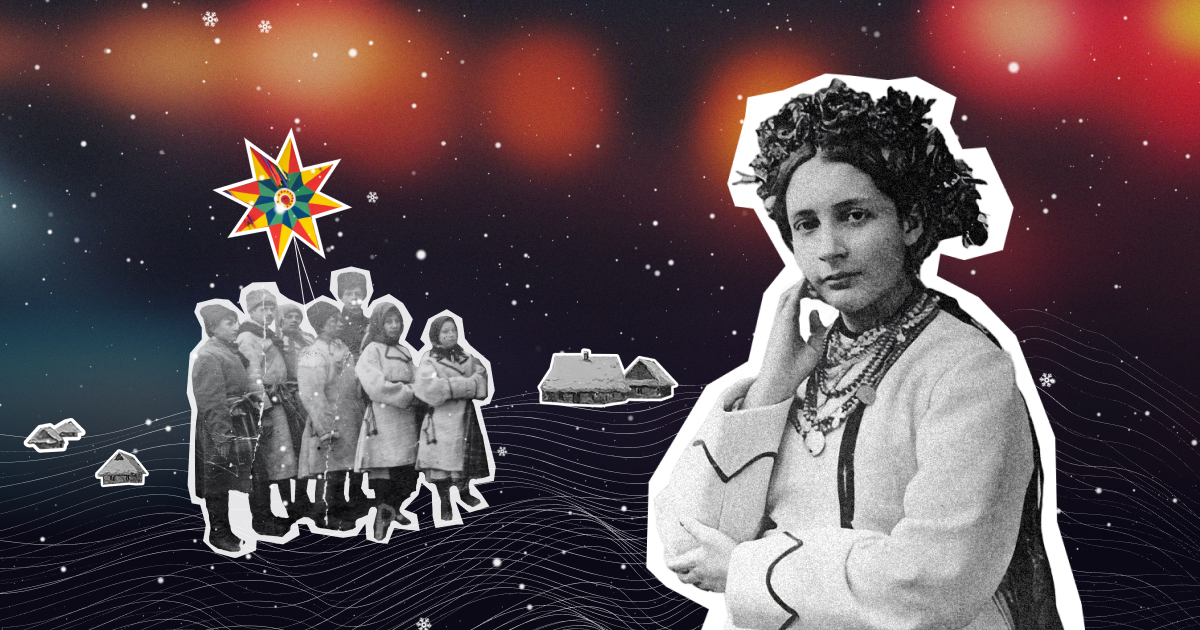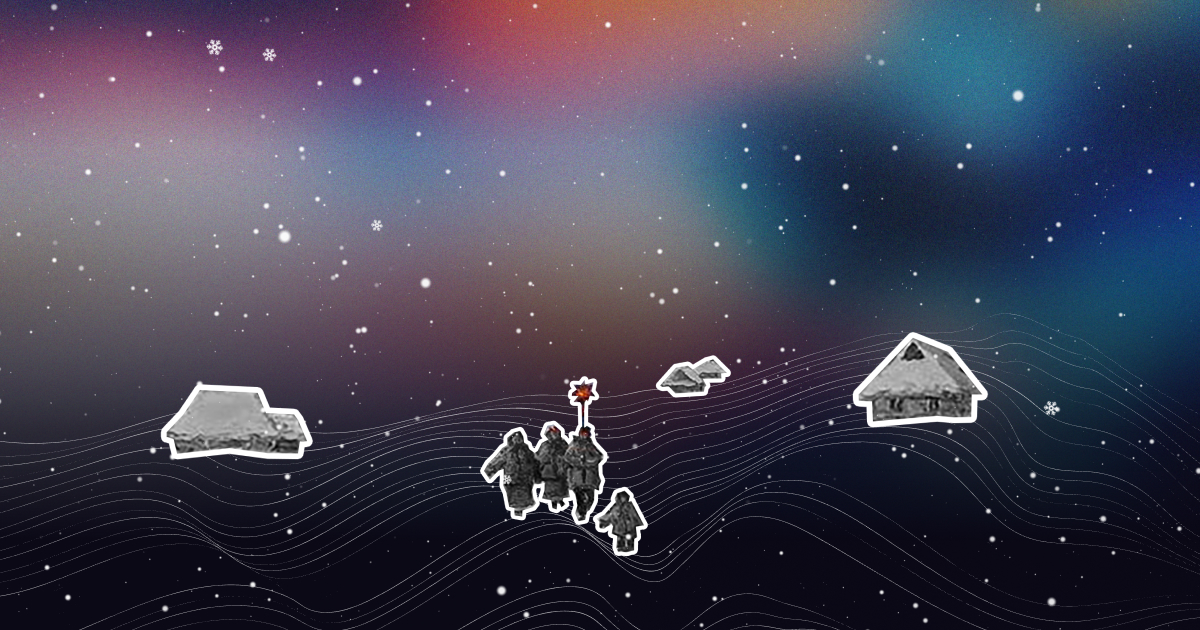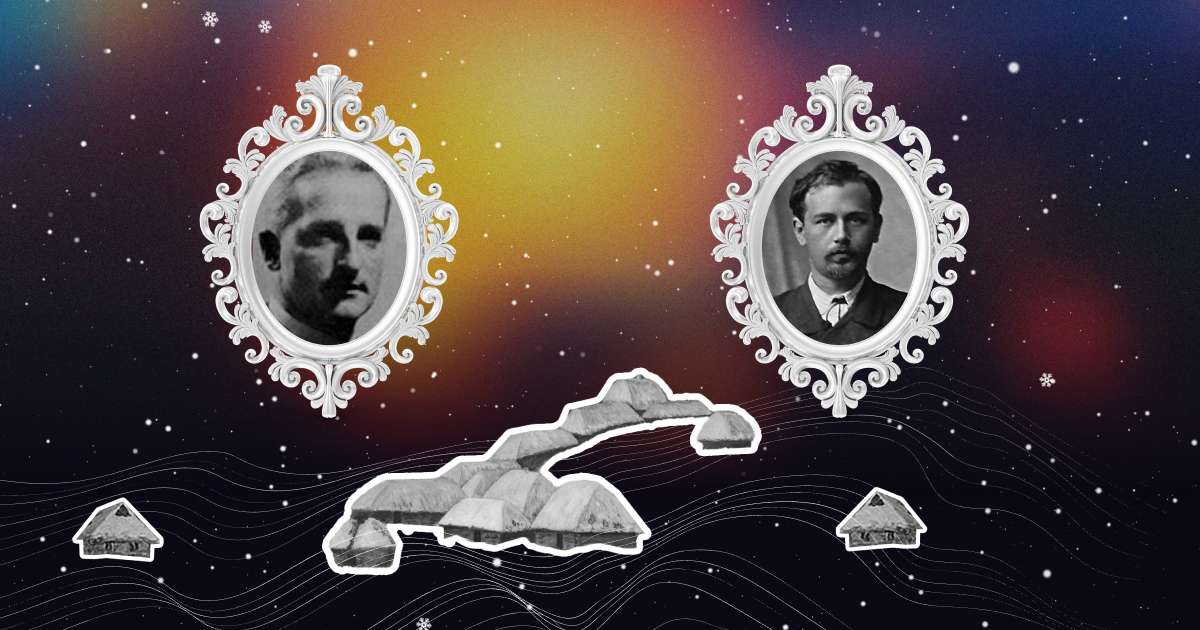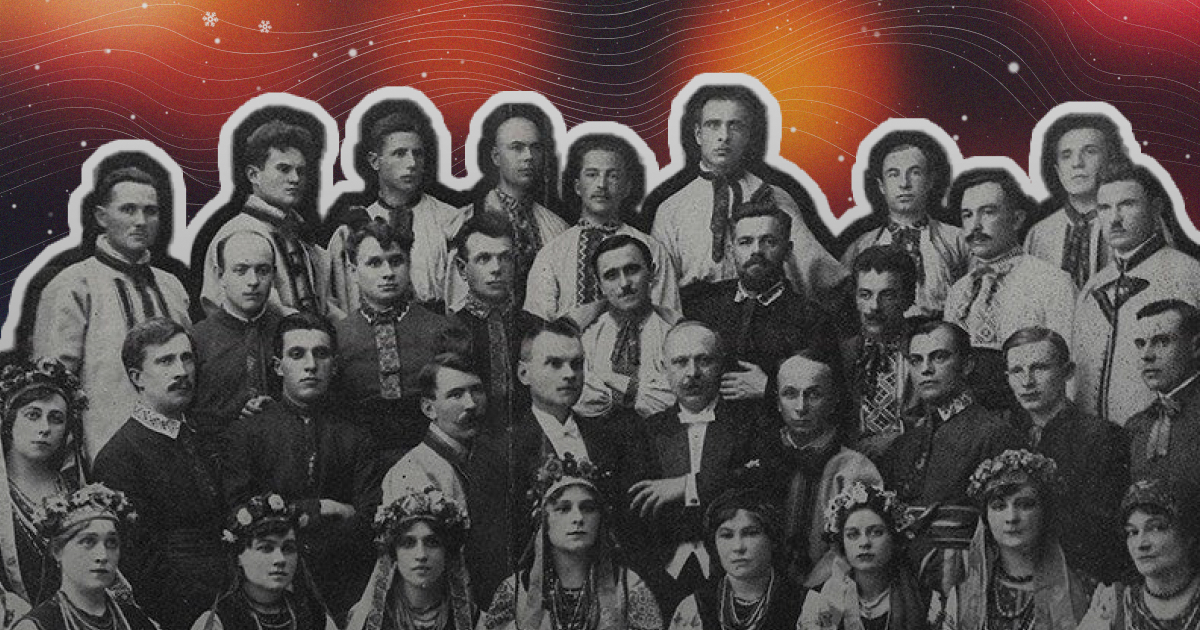From Shchedryk to Carol of the Bells and back

1990 was quite a year. The reunification of Germany started. The Soviet Union was on the brink of collapse, although no one still could guarantee that its fall was months away. Nelson Mandela was released from prison. Home Alone 1 runs in the US cinemas, being hugely popular and inscribing itself into the canon of American Christmas classics.
Film’s success has many factors, music among them. Carol of the Bells is featured in the film. With the Soviet Union deceased and Ukraine trying to reimagine itself, Home Alone 1 found a willing audience among the Ukrainianians. Year in, year out, they would watch the film, often without realizing that they have just heard a carol they know too well.

Carol of the thirties
To many, carols might cast an impression of an almost ancient Christian song. This is not entirely true. Carol of the Bells has much more to do with modern technology than hymns sung in churches. This song, written by Peter Wilhousky, ran on the waves of National Broadcasting Company radio during the days of the Great Depression. Many people throughout the US simultaneously could hear its tunes due to the quick expansion of audio recording and radio technologies at the time. These were the days when mass culture came into being and Carol of the Bells was part of it. The American Society of Composers, Authors and Publishers calculated that Carol of the Bells had been thirteenth most popular Christmas song between 1966 and 2016.
Wilhousky — that is an intriguing surname. Is he Russian? Is he Polish? No, Peter Wilhousky is Petro Vilhosvkyi, an American composer of Ukrainian origin, born in 1902 in the US. In 1920, he enrolled in the Institute of Musical Art in New York City and studied there until 1923.

Shchedryk Diplomacy
This is precisely when the Ukrainian National Chorus toured through the US, performing Ukrainian national music. This Chorus was a disciple of Ukrainian Republic Capella, an organization set up in 1919 by the Ukrainian National Republic to promote Ukrainian culture abroad. This state came into being soon after the Russian empire collapsed in 1917, but the Bolsheviks overran it in 1921. With its home occupied, the Chorus did not surrender the cause, and continued to tour through Northern and Southern Americas. Between 1922-1924 they performed more than 400 concerts, during which a song called Shchedryk received the warmest response. This piece was a predecessor to the Carol of the Bells.
Wilhousky, most likely, visited one of the chorus concerts and then bought a recording of Shchedryk. He used it as a basis for his Carol. Wilhousky changed the lyrics, making them more appealing to Americans. Nevertheless, the signature melody remained identical to that of Shchedryk.
The original piece, however, was created by Mykola Leontovych, an Ukrainian composer. He lived a rather short life, teaching in music schools and writing a hundred short songs, such as Shchedryk. They enjoyed acclaim in the days of the Ukrainian National Republic, but the composer was not able to finish his first major piece — an opera. In 1921, his days were cut short by an agent of the Soviet secret service. Leontovych died before his Shchedryk would make it to the New York stage.

The meaning of Shchedryk
The work of Leontovych is underpinned by Ukrainian folk culture. Most of the songs he produced were based on the tunes and lyrics he heard among Ukrainians. This is true for Shchedryk. Its lyrics testify to the ancient origins of the song. They describe the advent of spring, with the birds arriving back from their wintering grounds. Functionally, it was used to greet someone with the beginning of the year by wishing them success.
For years and decades, the richness and independence of Ukrainian culture has been suppressed by the Russian empire. Only 20 years ago, many Ukrainains would not recognize Shchedryk when preparing Christmas dishes to the backdrop of Home Alone running on TV. Left alone foreigners. The Ukrainians will make everything possible to change this.
Please do your part too — shall you hear Carol of the Bells during this festive season, think of Ukraine and retell the story of the song to others.


